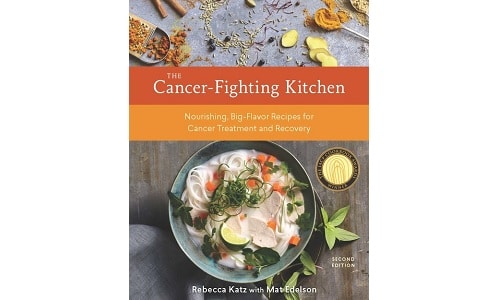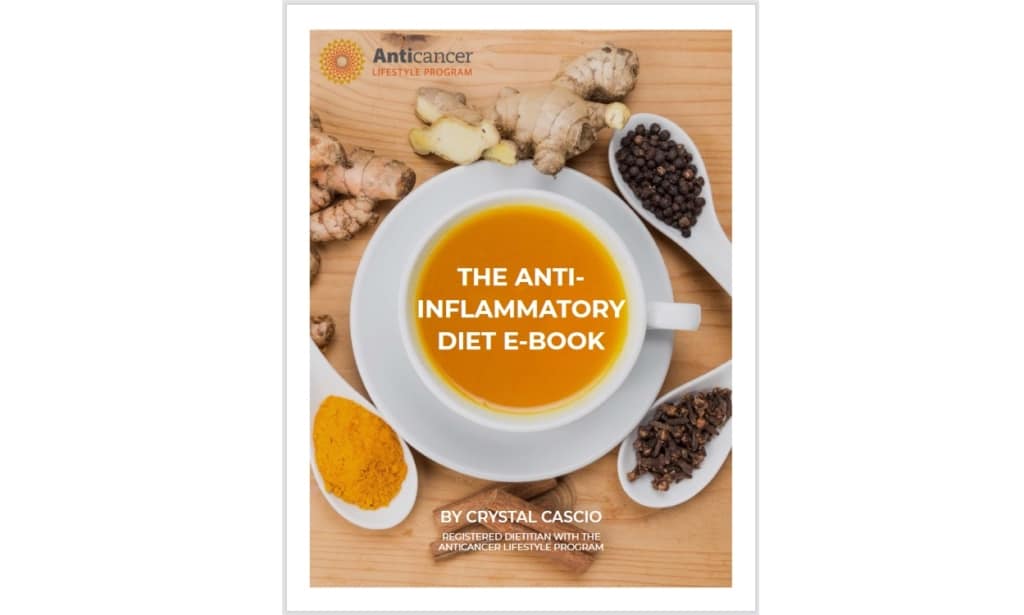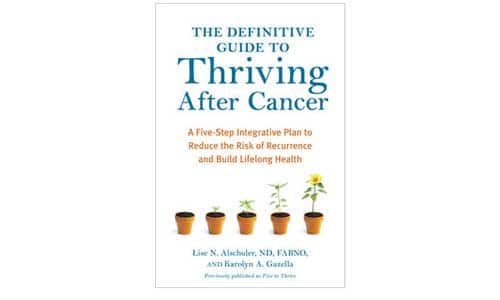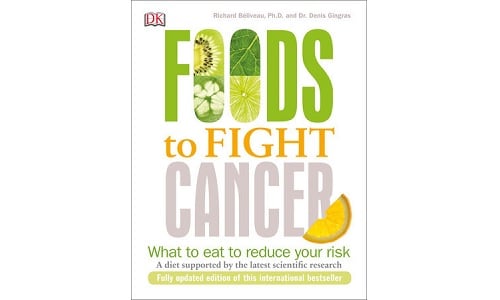Making changes to your diet
How can you choose and eat healthier foods?
We encourage you to keep your focus on your health and wellness. You can start small (once or twice a week), or you may choose to dive into including healthier foods in your daily meals. See Which foods to eat (and what to avoid) ›
Before you begin, consider your medical condition
In general, a plant-based diet is considered safe. However, adapt the diet to your needs, allergies, and other medical conditions. Discuss your diet with your healthcare team and determine if you need to make adjustments due to side effects, symptoms, or health conditions.
Example: If you experience diarrhea from radiation damage to your colon, you may temporarily need to eat refined grains instead of whole grains. This could mean eating white rice rather than the brown rice recommended as part of a whole-foods diet.
If you’re not able to eat well because of symptoms and side effects of your cancer or other medical condition, you may need to address those symptoms and side effects as part of Eating Well.
Some symptoms and side effects that can interfere with Eating Well:
Changes in appetite including altered taste
Dehydration
Depression
Fatigue
Gastrointestinal symptoms, including nausea and vomiting
Oral Symptoms
Pain
See Managing Symptoms & Side Effects ›
Diagnostic tests
Diagnostic tests may determine if you have nutrient imbalances or deficiencies. Ask your healthcare team whether tests may be right for you, then work with a qualified oncology nutritionist or dietician to interpret results and create an eating plan.
Get started: recommended aids to start eating well
You may want to ask your oncology care team for a referral to a nutritionist or dietican. Or perhaps you’d like to find an online resource for information and recipes. Maybe you want a small group, whether friends or an online community, to talk with and share support. We offer several suggestions here, but also look to see what’s available locally to help you make changes at your pace.
Whether with a program, an online course, a book, a video, or a dietician to guide you in making changes, match the format with your learning style and how you find motivation to act.
Phone app
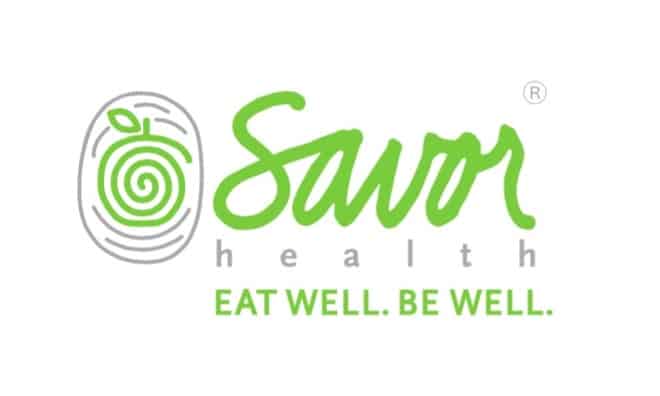
Ina, the Intelligent Nutrition Assistant ›
A knowledge-based personalized nutrition technology expert platform for people with cancer and chronic medical conditions
Online courses

Online course module: Diet ›
The Diet Module of the Anticancer Lifestyle Program uses expert videos, animation, text and interactives to give you tools you can use to make informed (and delicious!) food choices. Programs are offered free of charge, but donations are accepted.
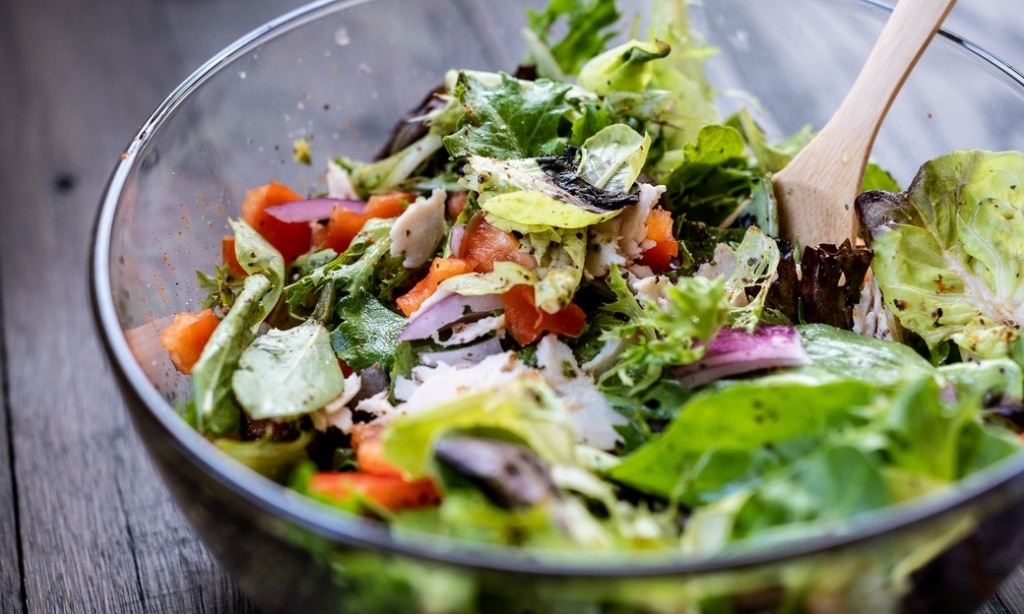
The Cancer-Fighting Kitchen ›
Sign up for CancerChoices updates and you’ll be granted free access!
Clean Soups Course ›
During the COVID pandemic, CancerChoices advisor Rebecca Katz is making her Clean Soups course available at no cost. “Is your objective to lose weight or boost your immune system? Simply add soup!
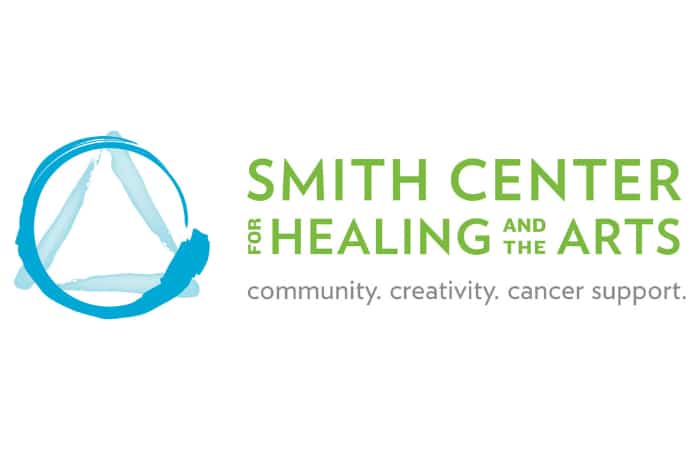
Cooking classes are among the many offerings. Search the events calendar for “cooking.”
Program & Retreat Calendar ›
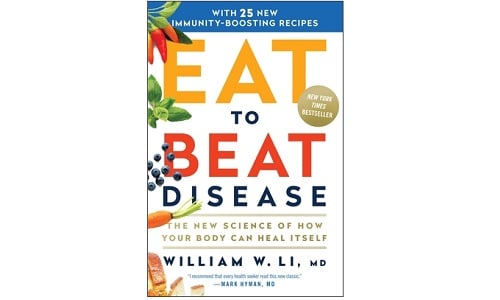
Inspired by the bestselling book, this online course is a guide to eat your way to better health.
Eat to Beat Disease ›
Recipes, blogs, and online resources
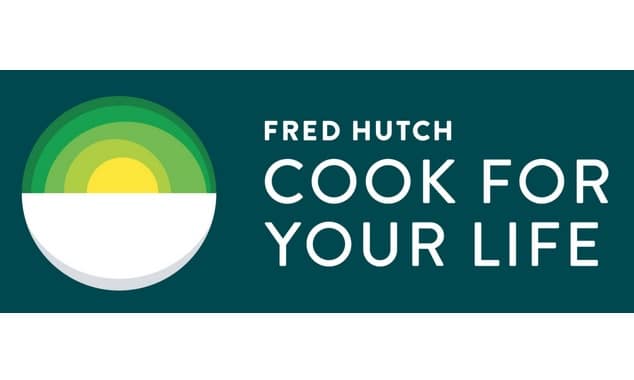
Recipes, a blog, and other resources for people with cancer or trying to prevent it.
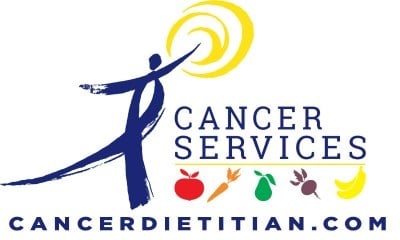
From Cancer Services, this site includes recipes, a blog, webinars, and more
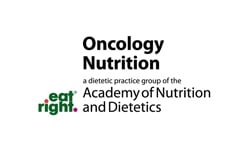
The Oncology Nutrition Dietetic Practice Group provides recipes, menus, diets, information on nutrition, and other resources for people with cancer.
Videos and podcasts
CancerChoices Senior Clinical Consultant Laura Pole, RN, MSN, OCNS, offers tips on eating well, such as adopting a plant-based diet and intermittent fasting.
Play video
Elise Museles, author of Food Story: Rewrite the Way You Eat, Think, and Live, talks about the concept of “food stories”—your personal relationship with food and eating, defined not only by your own experiences but by the familial and cultural messages you grew up with.
CancerChoices Senior Clinical Consultant Laura Pole, RN, MSN, OCNS, demonstrates how to make a delicious and nutritious carob banana smoothie.
Play videoNutrition professionals
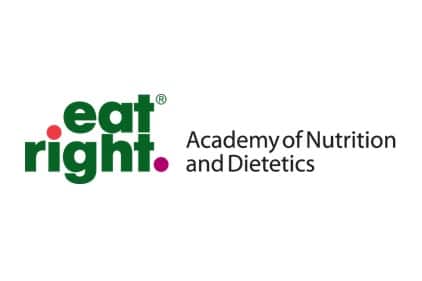
Find a qualified registered dietitian nutritionist or food and nutrition practitioner who is right for you.
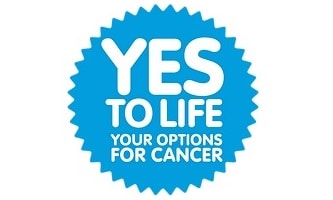
Nutritional Therapy for Cancer ›
Find practitioners or clinics providing nutritional therapy
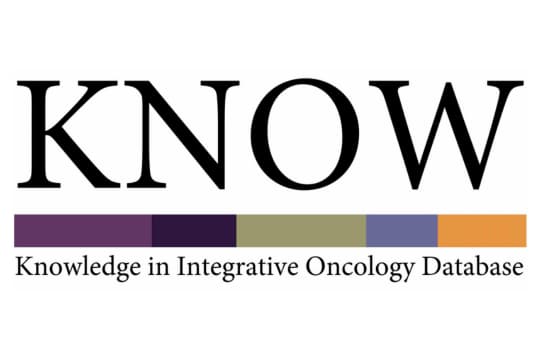
Select “Nutritionist” from the Professions list
Cookbooks

Soul Savory: Celebrating Our Roots with Nourishing Recipes ›
A book of outstanding home-cooking recipes from soul, southern and traditional African roots, some rendered in healthier versions
A Taste of Smith Center: Taking the Art of Good Eating Home, 3rd edition ›
A guide for preparing the delicious, nourishing meals served during the Smith Center’s week-long retreat, plus tips on food topics from menu planning and shopping lists to food storage.
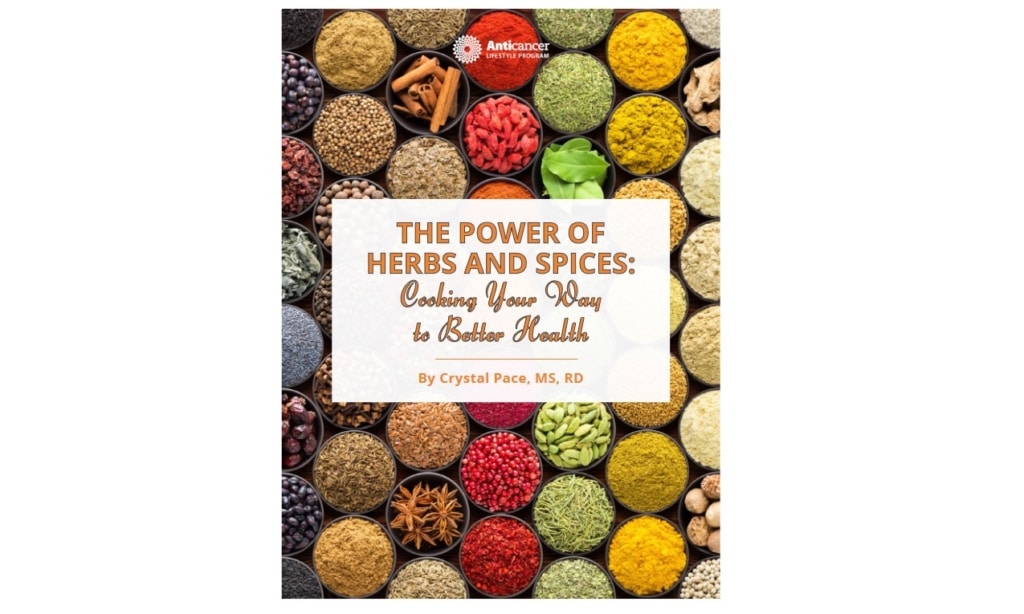
The Power of Herbs and Spices: Cooking Your Way to Better Health ›
Other books and articles
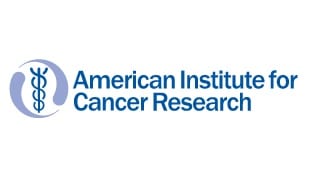
This comprehensive handbook provides guidance to help cancer patients and their families cope and recover from a diagnosis.
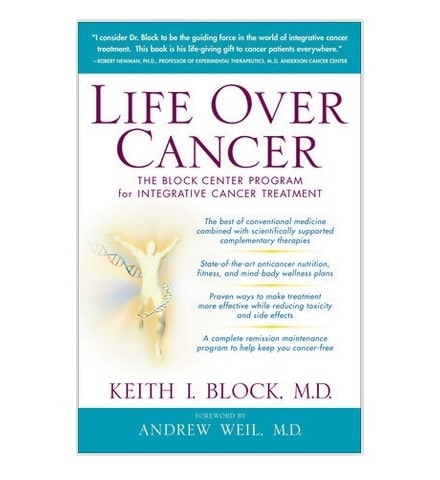
Life over Cancer: The Block Center Program for Integrative Cancer Care ›
Making circadian cancer therapy practical ›
Published in Integrative Cancer Therapies


